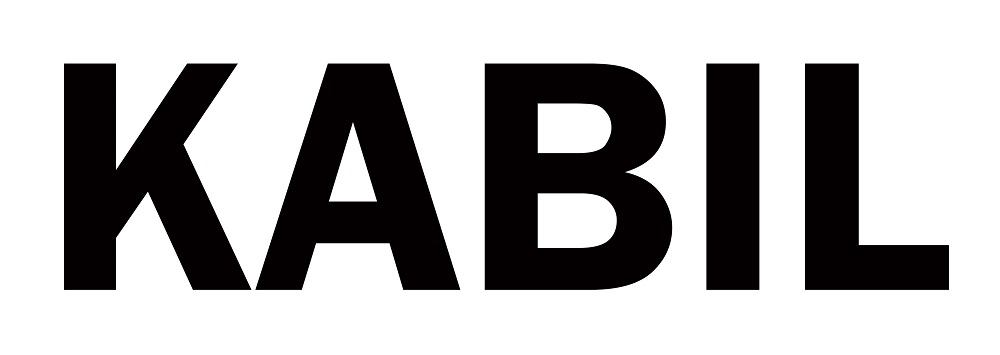Background
Over the last few decades, there has been an increasing realization that removing poverty and promoting livelihoods of the rural poor require more intensive and multidimensional engagement than were perceived earlier. Evolution of the government poverty alleviation programmes from Integrated Rural Development Programme (IRDP) of the eighties to Swarnajayanti Gram Swarojgar Yojana (SGSY) to National Rural Livelihood Mission (NRLM) to Mission Antyodaya in the current year is reflective of this evolution in thinking. While many of these programmatic changes were influenced by lessons learnt at pilots by civil society and others and spread countrywide, a parallel stream of efforts has run simultaneously where the financial sector, aid agencies and other donors played the role for scaling up. In the process, India has travelled a long distance discovering, reinventing, improvising and fine-tuning very many new (and old) approaches in the psycho-social and techno-economic realms. Participatory planning and appraisal, watershed development, integrated natural resource management, group development and institution building, micro-financing approaches, development of individual and community entrepreneurship, creation of livelihood prototypes for scale-up, value chain development and sub-sectoral approaches that were researched, developed and applied through sustained efforts of civil society organizations as well as the public and private sectors have proven to be powerful instruments and is being sought for widespread applications, in the government flagship programmes, by civil society actors as well as by private sector players.
Need for KABIL
There are pioneer organizations who have continued to remain engaged at the grassroots scaling up their interventions and action-researching to develop newer instruments. While demonstration by them and their association with their partner organizations as well as government programmes did create a wider influence, these organizations did not intend to make this as the main thrust of their action. In the other end of the spectrum, there are organizations that have focused on imparting knowledge and know-how to others but stopped short of imparting do-how (guided practice in the field). There could be several reasons for it. Some of them are likely to be that imparting do-how requires extensive commitment of time and effort, the cost of which may be unaffordable. Also, there are not enough people with expertise in do-how who are willing to prioritise this in comparison to their other choices. Whatever the reason, the result has been that in the absence do-how, the recipients could not use the knowledge and know-how in the best possible way.
Realizing the increasing complexity of the interventions and requirement of expertise, governments at various levels have made efforts to recruit skilled human resources at large scale in institutions promoted by them. Yet, given the magnitude of the programmes, the need remains largely unfulfilled. This is exacerbated by the fact that in absence of an appropriately enabling environment in many of these institutions, these skilled human resources could not have been as effective as they should be. Private sector actors, many of whom have recently started expanding their CSR initiatives look for “do-how” expertise as they firm up their intervention strategy. At the other end of the spectrum remain the grassroots civil society actors who by virtue of their committed engagement have created significant social mobilization but faced with depleting funding from traditional sources and increasing brain-drain fail to access the do-how to build on.
KABIL was created to make a sincere effort of supporting others in addressing the do-how gap at a cost, which would not be as high as one would imagine. Professionals with KABIL are those who have done it themselves in the field; were involved in the process of evolution of many of the social mobilization and livelihood promotion approaches that are sought after today and carries with them long experience of supporting others to develop their own do-how. We realize that it requires long engagement with our partners and we are ready to invest our time and efforts for it. We understand that such support requires our serious engagement with their field activities and are cautious that we should neither be intrusive, nor create their dependency on us. We realize that many of our partners in the civil society space do not have the wherewithal to pay our costs. We therefore would like to seek support from those who can support us for the support we do and importantly, we would also make effort so that our partners develop their own do-how to access new sources of funding.
We do also think that as we support others it will be necessary to create some field demonstrations by our own. While these field demonstrations will allow us action research to create prototypes appropriate to new geographies, these will also reinforce the faith of our partners in us and offer local sites to them for learning.
It is in this context and spirit that KABIL initiated its journey. It was registered as a society under Society Registration Act XXI of 1860 in Delhi on 21 December 2012 with nine founding members of the Society.
